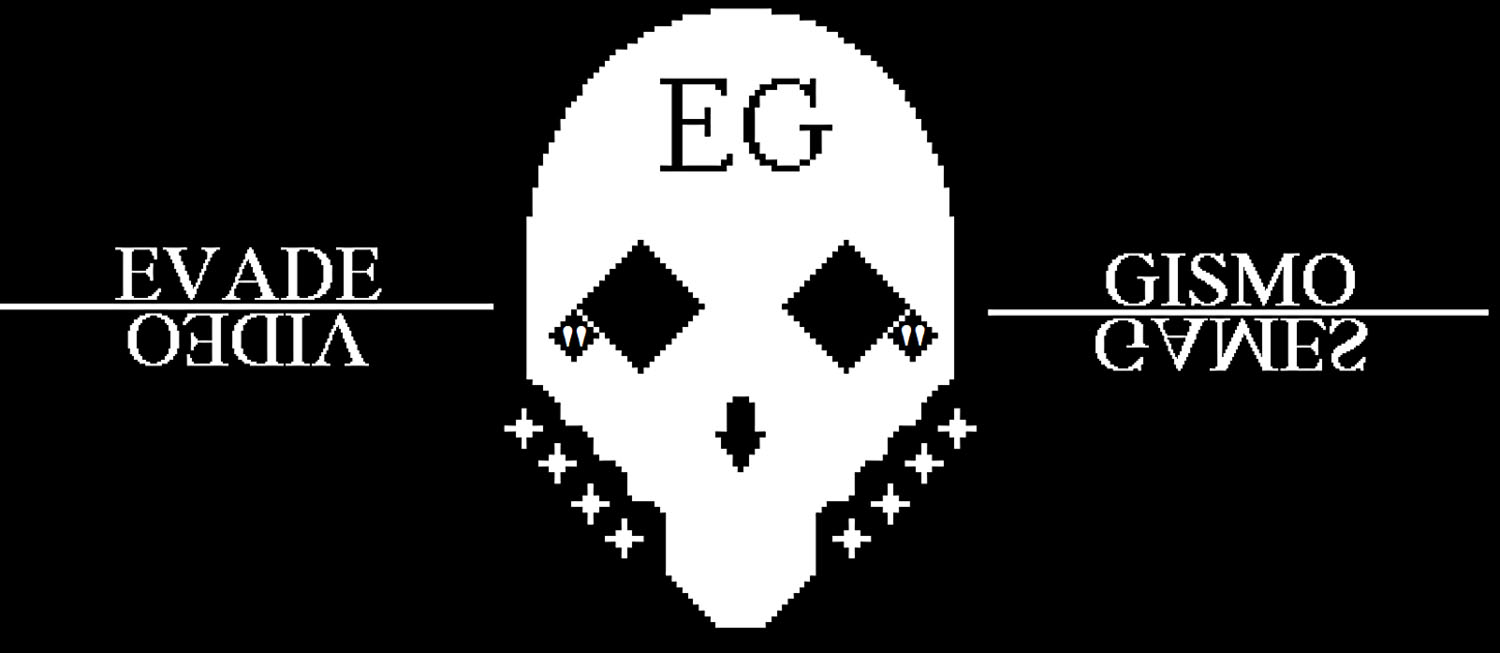THE UNIVERSAL APPEAL OF PAPERWORK
/There are some games that everybody likes. Well, maybe not EVERYBODY, per se, but there are games that have that deep appeal, hitting the right notes for hardcores and casuals alike. I remember the night we got a Nintendo Wii, my entire family was in the living room hot-potato'ing a pair of video-game controllers. These were just the out-of-the-box Wii Sports Bowling and Boxing apps, and they were a smash hit at my house. Or take Candy Crush. Every time I see somebody on public transit with that focused frown as they stare down at what's obviously some kind game on their smartphone, I'm shocked to see it's Candy Crush in such a person's hands: old biddies, fatigued salarymen, meatheads. These games feature basic interfaces, yet boast intuitive controls & causal relationships. They epitomize gaming, in a sense, offering the most pleasure for the least up-front investment in terms of rote memorization and skill fluency.
Among my friends, I've seen customs official simulator Papers, Please make a huge resurgence recently -- especially among my gaming friends' non-gamer girlfriends. And that is awesome. To me, there can be no greater success for a game than to capture the imagination of its most improbable player. Seasoned gamers truly take for granted the massive baseline barrier to entry against getting into most video-games. We understand that the RT button fires our weapons; we, the inveterate players, know to reach for WASD, or QWER, before gameplay even begins. But these are hard-won intuitions dating back through decades of personal experience and game design tropes. Gamers carry with them a sprawling lexicon of input and output algorithms, controller schemes, and menu hierarchies. Most of the time, we're in so deep we don't even realize the assumptions we're making when we jump (Spacebar, duh) into a new game.
And then a complete oddity like Papers, Please comes along, equally unprecedented to both the amateur and the super nerd. From the start, the game draws you into its weirdness through the simplicity of its design: check passports for discrepancies before allowing or denying passage through your pseudo-Soviet border crossing. Make a mistake, and your daily pay will be docked, preventing you from feeding and housing your family at home. However, before long, amidst the increasingly deep dossiers you must shuffle through in order to process each traveler, ethical considerations begin to interfere with your pencil-pushing efficiency. Do you translate the spy's encrypted message? Detain the innocent for a cut of the guard's commission? Let your uncle starve, so your wife and son may eat? Papers, Please succeeds for so many players, because its deepest challenges aren't located in its mechanics, but in the weight of the choices you must make within them. These moral challenges become increasingly muzzled by the anxious monotony of the too-short workday, in much the same way it likely would for a real Russian customs official. Through the drudgery of a thankless job, the player may realize opportunities to influence change in his own life, in those of others, and in the fate of his nation -- or he may never see past the paper-thin labyrinth surrounding him. Papers, Please is a game that not only stays in your head long after playing, but has probably been with you since long before. It deeply evokes the frustrating experience of working life itself, and the emphasis on this particular depth is its throughline to such a wide range of players.
As a side-note on universal appeal in games & its obstacles, isn't it interesting how the games with the most complex control schemes also have the most violent and potentially offensive content? Why is it that stringing together a 4-level interchange in Mini Metro is something anyone can do, while gunning down a platoon of undead zombies is a privilege reserved only for more fluent gamers?






